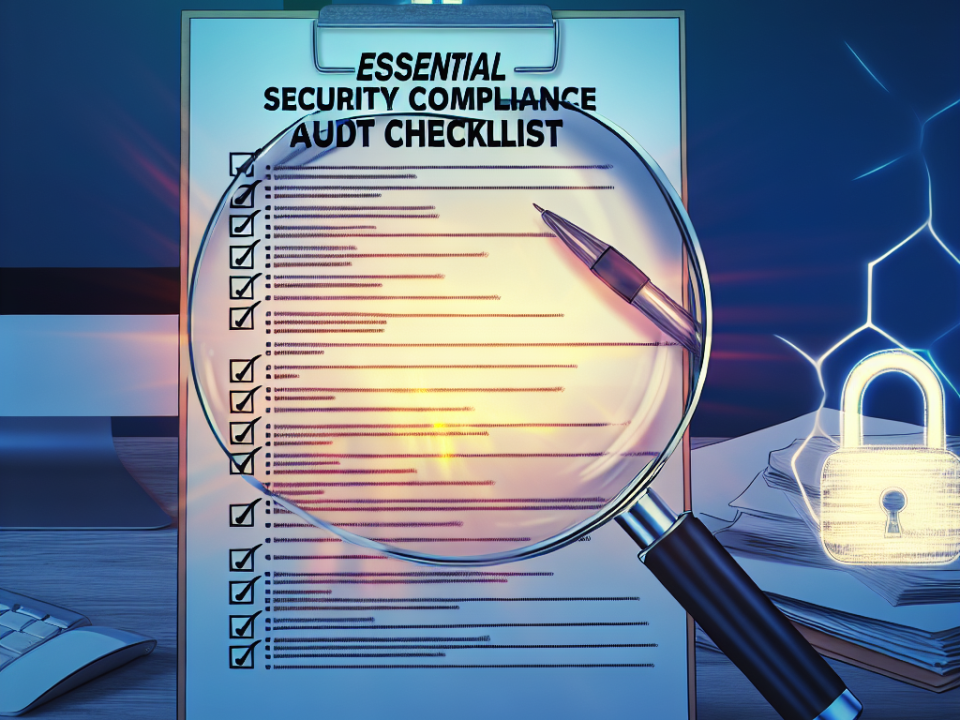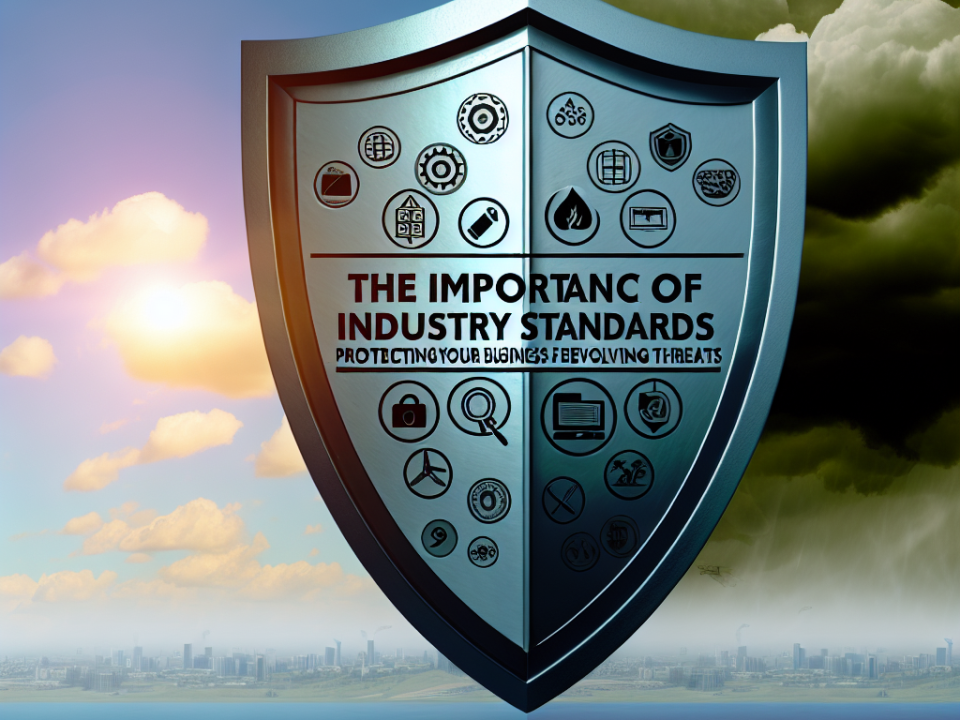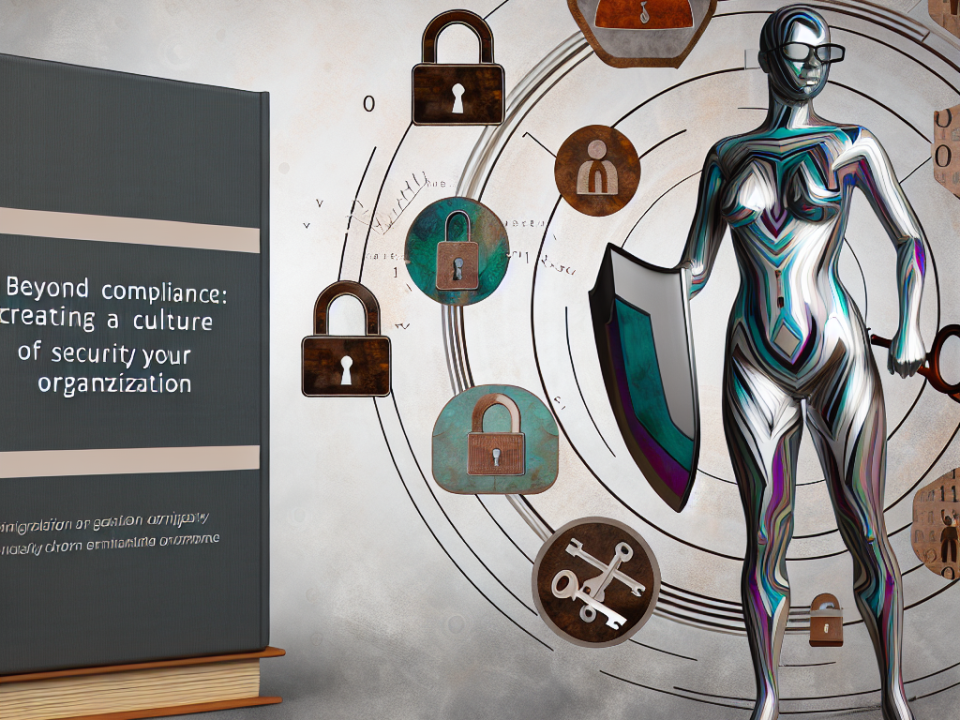
Beyond Compliance: The Strategic Advantages of Implementing SIEM
June 28, 2025
Fortify Your Data: Best Practices for Secure Cloud Infrastructure
June 29, 2025
In today’s fast-paced digital landscape, businesses are grappling with a myriad of compliance requirements. These regulations are crucial for safeguarding data, ensuring privacy, and protecting consumers. However, the realm of compliance can be daunting, especially when it comes to identity management. This article aims to demystify key identity concepts that are vital for businesses looking to navigate compliance more effectively.
The Importance of Compliance
Compliance is not just a legal obligation; it is a fundamental aspect of building trust with customers, partners, and regulatory bodies. Companies that prioritize compliance are better positioned to avoid hefty fines, reputational damage, and operational disruptions. However, the complexities around data protection laws, such as the GDPR in Europe and CCPA in California, can pose challenges.
Key Identity Concepts
To aid in understanding compliance, we’ll break down some essential identity concepts that every business should consider:
1. Identity Verification
Identity verification is the process of confirming that individuals are who they claim to be. This concept is crucial for businesses that deal with sensitive data or conduct financial transactions. Compliance mandates often require that organizations implement stringent identity verification processes to prevent fraud and identity theft.
Best Practices:
- Implement multi-factor authentication (MFA) to add an extra layer of security.
- Utilize biometric verification methods, such as fingerprint or facial recognition.
2. Access Management
Access management involves regulating who can access specific resources within a company. Effective access management ensures that only authorized personnel have access to sensitive data, which is essential for compliance with regulations like HIPAA and PCI DSS.
Best Practices:
- Adopt the principle of least privilege (PoLP), where users are granted the minimum level of access necessary for their roles.
- Regularly review and update access permissions to reflect organizational changes.
3. Data Governance
Data governance refers to the overall management of data availability, usability, integrity, and security. For compliance purposes, businesses need to have clear policies on how they collect, store, and process personal data.
Best Practices:
- Develop a comprehensive data classification scheme to categorize data based on sensitivity.
- Establish clear data retention policies to define how long different types of data are held.
4. Audit Trails
Audit trails provide a documented history of actions taken on data, making it easier to track access and modifications. These records can be invaluable during compliance audits, serving as evidence that an organization has adhered to relevant regulations.
Best Practices:
- Maintain detailed logs of user activity, including access times and actions taken.
- Regularly review and analyze audit trails for unusual activity that may indicate a breach.
The Role of Technology
Technological advancements have provided businesses with tools to streamline compliance efforts. Identity and Access Management (IAM) solutions, for example, help organizations automate and enforce security policies while providing valuable insights through analytics.
Key Technologies to Consider
- Identity as a Service (IDaaS): Cloud-based identity management services that simplify user authentication and access control.
- Single Sign-On (SSO): A solution that allows users to log in once and gain access to multiple applications, improving user experience while enhancing security.
- Blockchain: Emerging as a potential solution for ensuring data integrity and secure identity verification processes.
Conclusion
In a world where digital compliance is increasingly scrutinized, understanding key identity concepts is essential for every business. By focusing on identity verification, access management, data governance, and maintaining audit trails, organizations can not only ensure compliance but also foster a culture of security and trust.
Ultimately, embracing a proactive approach to identity management will help businesses avoid pitfalls, adapt to ever-evolving regulations, and thrive in a competitive marketplace. As the landscape continues to shift, staying informed and equipped with the right strategies is vital for navigating the complexities of compliance.







